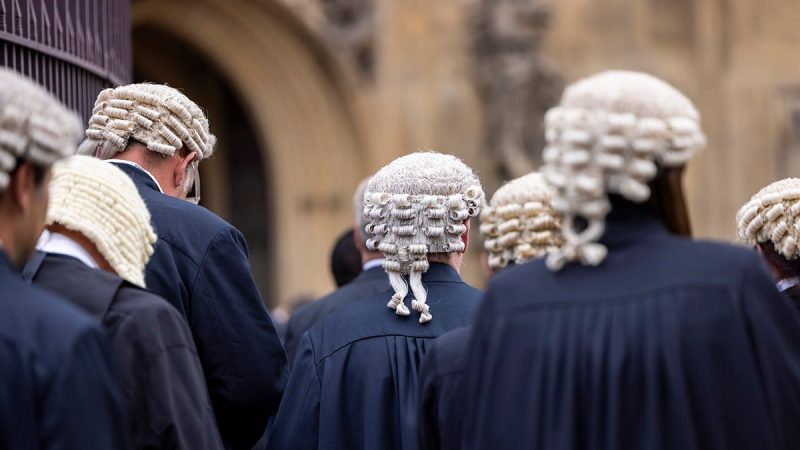In recent news, English courts are contemplating the removal of mandatory wigs for barristers due to concerns that they are culturally insensitive. The debate over the traditional wigs, which have been a staple of the legal profession in the UK for centuries, is gaining momentum as calls for greater cultural sensitivity and diversity in the justice system have amplified.
The archaic practice of wearing wigs in court dates back to the 17th century when they were originally worn as a symbol of formality and prestige. However, over time, these wigs have come to be seen as an outdated and unnecessary tradition that may alienate individuals from different cultural backgrounds.
Critics argue that the insistence on wigs perpetuates a sense of elitism and exclusivity within the legal profession. The rigid adherence to this tradition can create a barrier for those who do not conform to the traditional image of a barrister, particularly individuals from minority ethnic backgrounds who may feel compelled to assimilate to fit in.
Moreover, the discomfort and impracticality of wearing wigs have been raised as further arguments in favor of abolishing the mandatory requirement. Many barristers find the wigs cumbersome and hot, especially during the summer months, leading to a distraction from their duties in the courtroom.
The move to reconsider the necessity of wigs in English courts reflects a broader shift towards promoting inclusivity and diversity across all sectors of society. As institutions strive to adapt to a changing world and embrace a more modern and inclusive approach, the removal of outdated practices like mandatory wig-wearing in the legal profession signifies a step in the right direction.
While some traditionalists may resist the change, the potential removal of wigs for barristers demonstrates a willingness to listen to diverse voices and evolve with the times. By shedding antiquated customs that no longer serve a practical purpose and may inadvertently perpetuate cultural insensitivity, the legal system can move towards a more equitable and welcoming environment for all who seek justice.




























